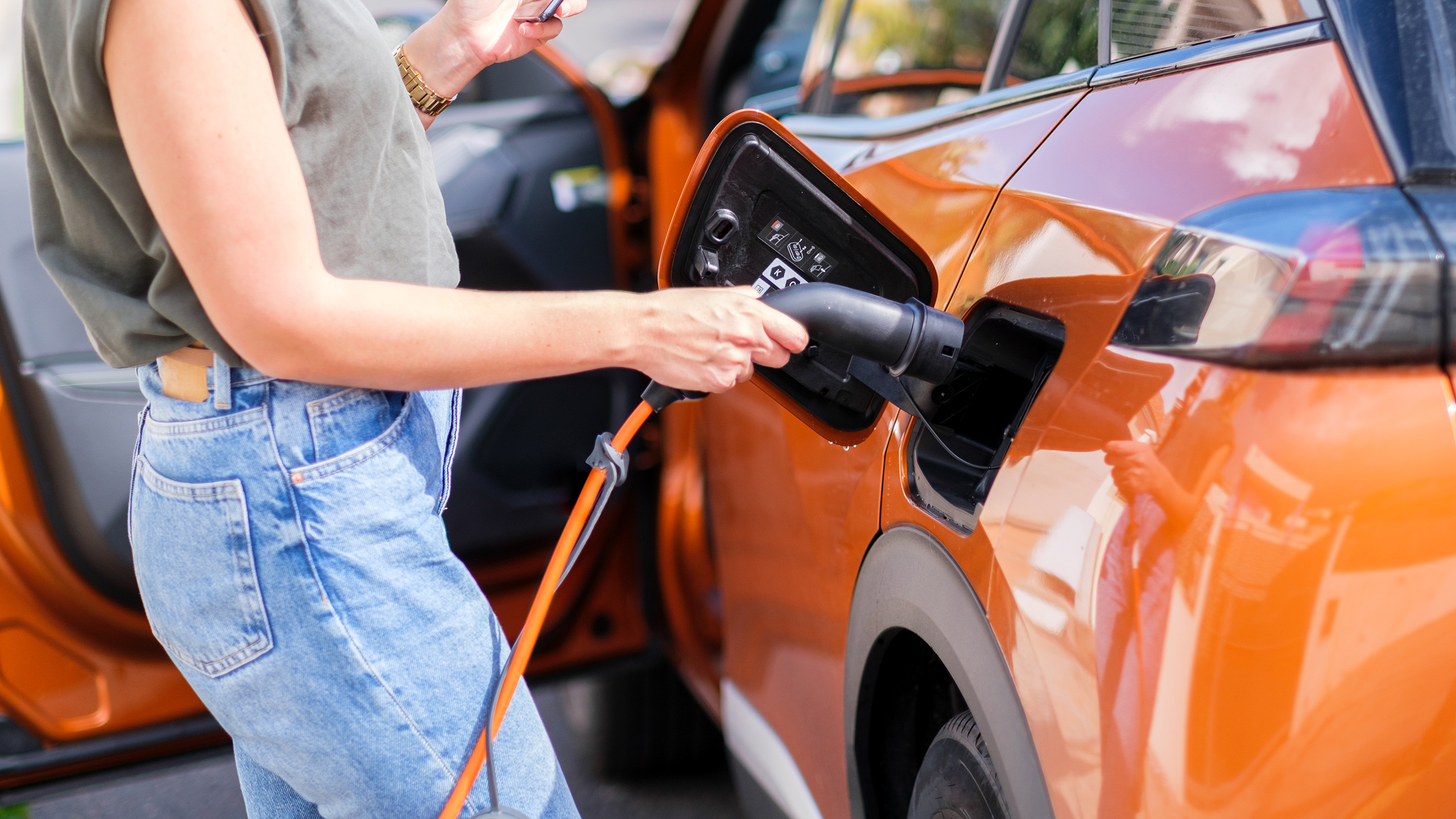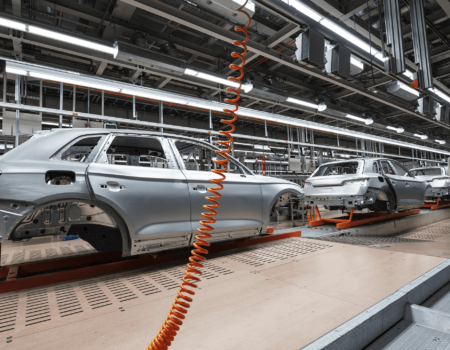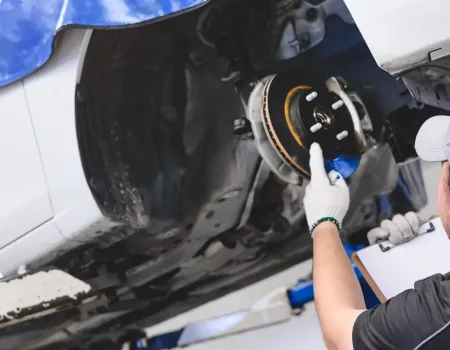Breakthrough in the discussion on internal combustion engines
Concerns about the environmental impact of internal combustion engines have been growing for many years. These engines release harmful pollutants and contribute to climate change through greenhouse gas emissions.
As a result, significant trends have emerged in the automotive market toward alternative forms of transportation, such as electric vehicles, which are powered by batteries or fuel cells and have zero or significantly reduced emissions. Many countries and cities are introducing stricter emission regulations and incentives to promote the adoption of electric vehicles, which has accelerated the shift away from internal combustion engines. However, the recent decision of the European Union on this subject may be a breakthrough.
By the Council’s decision, the sale of cars with internal combustion engines (with some exceptions) is to be discontinued in the EU by 2035. After this date, it will be possible to purchase only new electric and hydrogen cars. Although traditional combustion cars will not be available for purchase, it will still be possible to drive them. However, one should be aware that bans on driving such vehicles into cities will be more and more frequent.
Germany and EU regulations
The German automotive industry employs 800,000 people and generates annual revenues of EUR 411 billion, making it the largest segment of the German economy. Germany and other countries where this sector is strongly developed are likely to be significantly affected by the transition to electric vehicles and the declining demand for internal combustion engine vehicles. Among other things, this could lead to job losses and a decline in economic growth.
To mitigate the negative aspects of the changes, Germany secured an exemption in negotiations with the European Commission for the continued sale of e-fuel cars after 2035. Poland was against the ban on the sale of cars with internal combustion engines, while Italy, Romania, and Bulgaria abstained from voting. The votes of the MEPs were distributed as follows: 340 to 279. This means that the issue was not clear-cut and remained controversial until the very end.
Germany is not unprepared for the changes forced by the EU. It has been investing heavily in the development of electric vehicles and related technologies for years, with companies such as Volkswagen and BMW committed to producing more electric vehicles in the coming years. In addition, Germany has set ambitious climate goals. The transition to electric vehicles is an important part of achieving these goals, reducing the country’s dependence on fossil fuels, and establishing Germany as a leader in the clean energy transition.
What will replace the internal combustion engine?
There are several alternative technologies – including electric, hybrid, and hydrogen fuel cell vehicles – that are being developed to replace the internal combustion engine, and it is difficult to predict which one will become dominant. But right now, it looks like the world is going electric. Electric cars are becoming more and more popular thanks to advances in battery technology and the growing network of charging infrastructure. They emit zero emissions and can be powered by renewable energy sources, making them a clean and sustainable alternative to internal combustion engines.
Hydrogen fuel cell vehicles use hydrogen as a fuel source, which is converted into electricity to drive an electric motor. Like electric vehicles, they have zero emissions, but require a network of hydrogen refueling stations, which is still in its infancy in many parts of the world.
In addition, there is also the door open by Germany – the production of gasoline cars running on green fuel will be allowed. This fuel, in the production of which carbon dioxide is recovered from the atmosphere, is not mass-produced yet, but the situation is changing rapidly, and the new regulations will not come into force until twelve years from now.
EU regulations and the business model
he phasing out of internal combustion engines is expected to have a significant impact on the business model of the automotive industry. As consumers increasingly switch to electric vehicles and other forms of transportation with lower or zero emissions, demand for traditional internal combustion engine vehicles will gradually decline.
Changing consumer preferences are already driving many automakers to invest heavily in the development and production of electric vehicles and other alternative technologies. As a result, we are seeing a significant increase in the number of such vehicles available on the market, as well as new players in the automotive industry, such as technology companies and startups focused on the development of electric and autonomous vehicles.
Electric vehicles require different components and technologies than traditional combustion engine vehicles and also have different maintenance requirements. This will create new business opportunities for companies specializing in electric vehicle components and services, and could shift the balance of power in the automotive industry towards companies with expertise in electric vehicle technology.
Hicron and the changes in the automotive industry
The automotive sector has been at the core of Hicron’s portfolio for years. We are the no. 1 supplier of Automotive ERP (SAP) solutions for the automotive industry. We have implemented projects around the world for the largest and most demanding manufacturers of vehicles and components, importers and dealer groups, including: Volvo Construction Equipment, Subaru, and MAN. No wonder that we also keep our finger on the pulse of changes when it comes to alternatives to internal combustion engines. We know what drives the modern automotive industry and how to make effective changes. Feel free to contact us.







